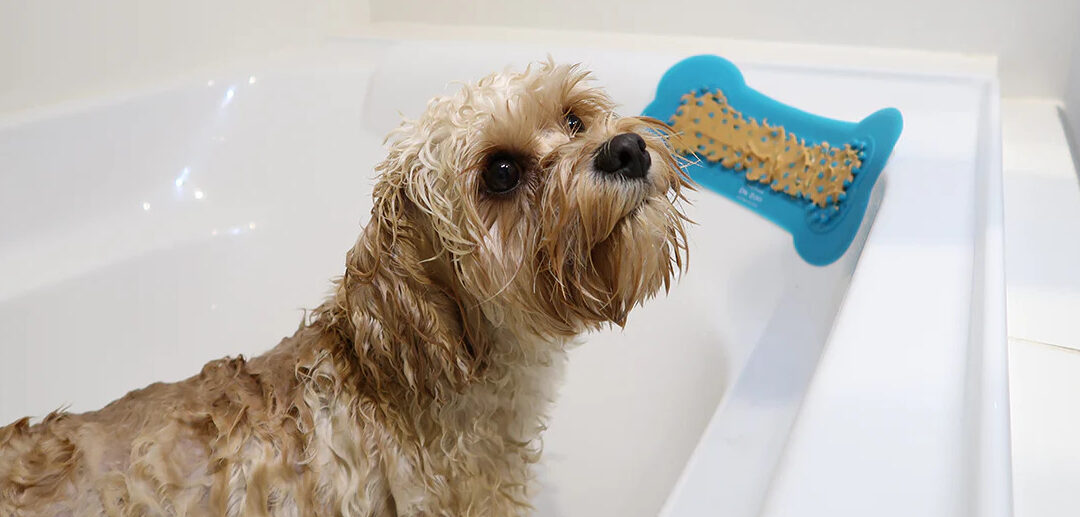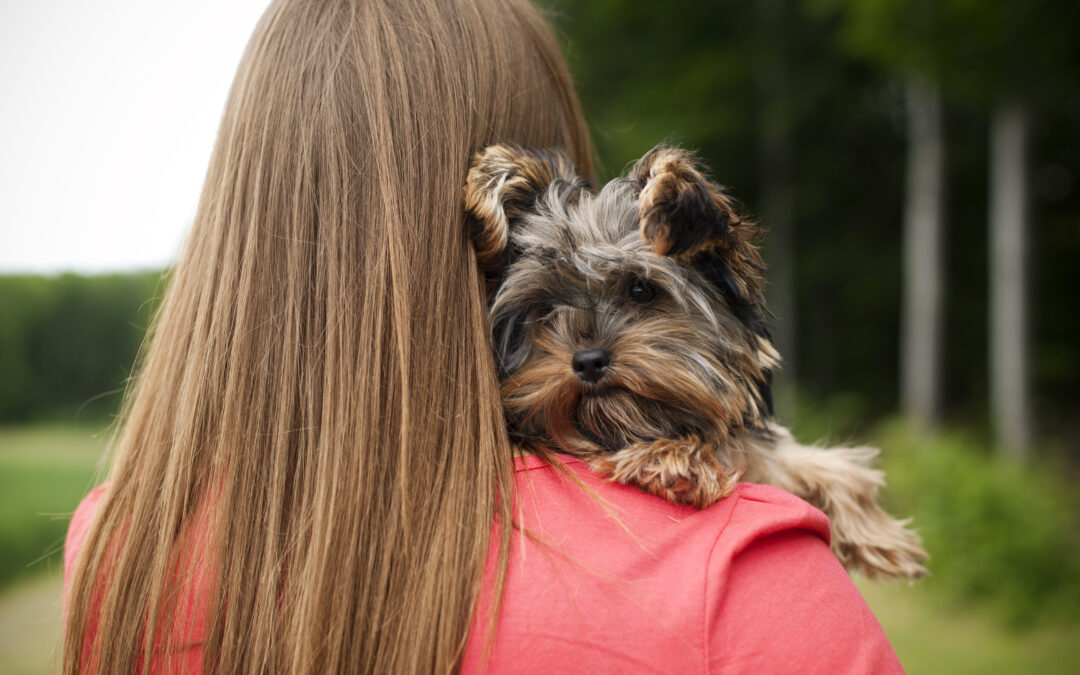Yorkshire Terriers, affectionately known as Yorkies, are small dogs with big personalities. Their affectionate nature and strong attachment to their owners make them loving companions. However, this bond can sometimes lead to challenges, particularly when it comes to separation anxiety. If you’re a Yorkie owner or thinking about bringing one into your home, it’s essential to understand this condition and how to manage it effectively.
What is Separation Anxiety?
Separation anxiety is a common behavioral issue in dogs, especially in breeds like Yorkshire Terriers that thrive on companionship. When left alone for extended periods, Yorkies can become distressed. This distress can manifest in various behaviors, including excessive barking, chewing furniture, or even accidents in the house. Understanding the signs of separation anxiety is the first step in helping your furry friend feel more secure.
Signs of Separation Anxiety
Watch for the following behaviors that may indicate your Yorkie is experiencing separation anxiety:
- Excessive Barking: If your Yorkie barks excessively when you leave the house, it could be a sign of anxiety.
- Destructive Behavior: Chewing furniture, scratching doors, or digging at the carpet can be signs that your dog is feeling stressed.
- Potty Accidents: Even if your Yorkie is fully potty trained, anxiety can lead to accidents in the house.
- Pacing or Restlessness: Your dog may exhibit signs of nervousness, such as pacing back and forth.
- Clinginess: If your Yorkie follows you everywhere and becomes distressed when you leave the room, this may indicate separation anxiety.
Causes of Separation Anxiety
Several factors can contribute to separation anxiety in Yorkies:
- Change in Routine: Dogs are creatures of habit, so any significant changes in your schedule can lead to anxiety.
- Moving to a New Home: A new environment can be overwhelming for your Yorkie, especially if they are left alone in an unfamiliar place.
- Loss of a Companion: If your Yorkie has lost a companion, whether another pet or a human, this can trigger feelings of anxiety and loneliness.
Strategies to Manage Separation Anxiety
Fortunately, there are effective strategies to help your Yorkie cope with separation anxiety:
- Gradual Desensitization: Start by getting your dog used to being alone for short periods. Gradually increase the duration as they become more comfortable. This helps them learn that it’s okay to be alone.
- Create a Safe Space: Designate a comfortable space for your Yorkie with their favorite toys, blankets, and treats. This safe zone can help them feel more secure when you’re not home.
- Consider a Companion: Adding another dog to your household can provide your Yorkie with a playmate. A furry friend can help alleviate their anxiety by offering companionship and entertainment when you’re away.
- Interactive Toys and Puzzle Feeders: Keep your Yorkie mentally stimulated with interactive toys or puzzle feeders. These toys can distract them and keep them engaged while you’re away.
- Positive Reinforcement: Reward your dog for calm behavior when you leave or return home. This positive reinforcement can help reinforce their security and reduce anxiety over time.
- Seek Professional Help: If your Yorkie’s anxiety persists or worsens, consider consulting a veterinarian or professional dog trainer. They can provide tailored strategies and support for coping with separation anxiety.
Conclusion
As a loving Yorkie owner, it’s essential to recognize and address separation anxiety to ensure your furry friend’s happiness and well-being. With patience, understanding, and effective management strategies, you can help your Yorkie feel more secure when left alone. Remember, the bond you share is precious, and with the right support, your Yorkie can thrive even in your absence. Your furry friend deserves a happy and balanced life, and you have the power to make that happen!










0 Comments